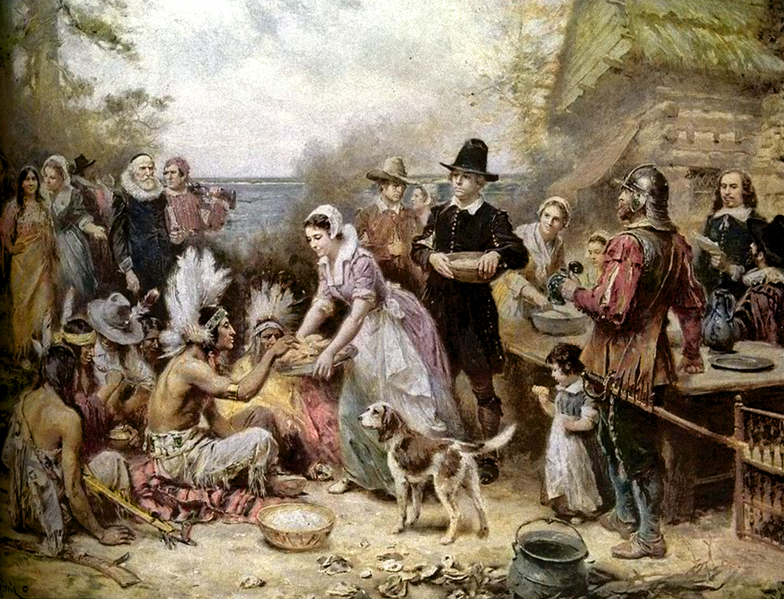We spent some time at Friday’s Wisconsin Supreme Court conference discussing the court’s consideration of certain rules related to recusal. This is my take: I think the state supreme court seems to have gotten it right in rejecting a proposed rule changes advanced by the League of Women Voters and retired Justice William Bablitch and in adopting changes advanced by WMC and the Wisconsin Realtors Association. This is not to say that the latter two rules could not be improved. I think they can be.
The LWV proposal was always a nonstarter. It would have required recusal whenever a party or a lawyer in a case had made a contribution in excess of $1000.00 or engaged in a “mass communication” on behalf of a judicial candidate. A mass communication could have consisted of as few as 50 phone calls, letters or e-mails. That would have made it impossible to raise a meaningful sum of money in judicial campaigns in all but the smallest counties. It was a massive assault on public participation and it is proposals like this that have rendered groups like Common Cause, the LWV and the WCD largely irrelevant in making public policy.
A proposed amendment by former Justice William Bablitch was more reasonable. It would have required recusal for direct or indirect contributions amounting to $10,000or more(cash or in kind) by an attorney or party with a direct or indirect interest in the case.
I think this still goes too far – particularly in large counties and definitely for state wide races. Because it applies to “in kind” expenditures, I would think that it would require recusal for any significant GOTV effort or any significant communication of an endorsement by an advocacy organization. It would, again, make it extremely difficult for their to be significant public participation in judicial elections and would strongly tilt the playing field in favor of incumbents.
This is not to say that a $10,000 contribution or expenditure might not create a circumstance in which recusal is appropriate. It might – particularly in a circuit court race. But I don’t think it is fair to say that such a contribution would <em>always</em> create a potential for bias such that recusal should be warranted notwithstanding a judge’s subjective determination that she can decide the matter impartially.
But the largest problem, I think, is the suggestion that an “indirect interest” might create cause for recusal. While I would be reluctant to say that can never be so, I am concerned that – without further definition – it may be read to imply a broad duty to recuse based upon supporter’s ideological interest. Without getting into the details, this might be at odds with the what I believe to be the best application of first amendment jurisprudence to this area of the law, i.e., that the predispsotion to a particular legal position is not improper bias.
Justice Bablitch himself conceded that the term “indirect support” was problemantic and in need of further definition. But I think there is a problem with the endorsement of recusal standards that read more broadly than they can or should be applied. They permit unwarranted attacks on the legitimacy of the courts and the integrity of judges.
And that brings us to the rule changes that the Court did adopt. They most certainly do not amount to the Court “thumbing its nose” at the United States Supreme Court decision in Caperton. Although they might be improved, I think that the are properly read as perfectly consistent with that decision. They do not mean that contributions and independent expenditures can never create a potential for bias such that recusal is in order.
Rather, they make clear that recusal cannot be required “solely” due to lawful endorsements, contributions and independent expenditures. That seems right to me and saying so may have been necessary given some of the irresponsible calls for recusal made by groups like the WDC and OWN. The idea that Annette Ziegler ought to have recused herself because WMC filed an amicus brief in a case was wholly without merit and would have created an unworkable precedent.
I don’t think that the rule means that contributions and expenditures are to be ignored in assessing a question of recusal or that there cannot be circumstances in which they do create a potential for bias in which recusal is necessary. But the mere fact that contributions and expenditures have been made cannot, without more, require recusal.
Having said that, it’s not clear to me that the adopted rules could not be improved. They could be clarified to, for example, more clearly state what, at least in my view, they are intended to mean (e.g., making clear that they do not say lawful expenditures can never warrant recusal). They might be extended to offer more guidance. But they are, I think, better rules than the alternatives before the court.
Cross posted at Shark and Shepherd
 As Congress enters the final stretch in pushing forward a health care reform bill, I have been struck by the fact that during the ongoing debate very few people seem to pose the question of whether access to health care constitutes a human right. Yet, in many countries around the world, this perspective forms the starting point of their national debates—and this consensus inevitably directs their public policy on universal health care.
As Congress enters the final stretch in pushing forward a health care reform bill, I have been struck by the fact that during the ongoing debate very few people seem to pose the question of whether access to health care constitutes a human right. Yet, in many countries around the world, this perspective forms the starting point of their national debates—and this consensus inevitably directs their public policy on universal health care. 
 Our featured bloggers for November will be Professor Lisa Laplante and David Strifling ’04. Many thanks to our featured bloggers for October!
Our featured bloggers for November will be Professor Lisa Laplante and David Strifling ’04. Many thanks to our featured bloggers for October!